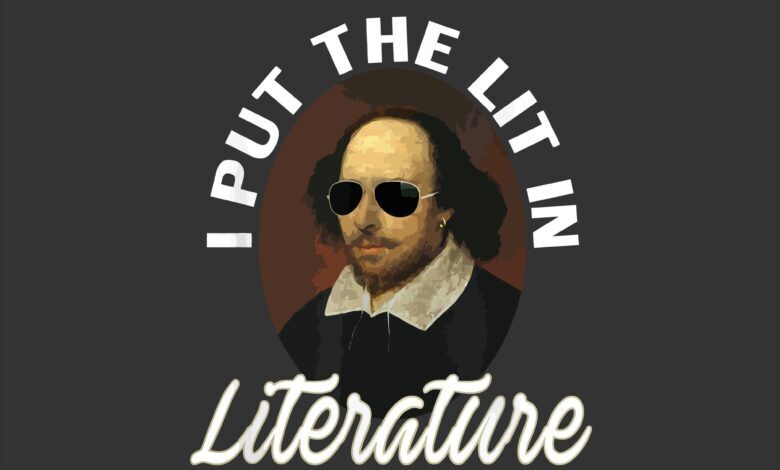
It is well known that Shakespeare’s plays are full of words and phrases the playwright created, many hundreds of which are still in use today.
Expressions such as ‘love is blind’, being ‘in a pickle’, ‘green-eyed monster’ and ‘to break the ice’ are phrases the Bard wrote for plays almost 450 years ago that we commonly use today.
However, there are some less common – and more colourful – words that are worthy of being brought back to Australian classrooms and literature – and what better way to meet the English curriculum than with a little Shakespeare?
Read the latest print edition of School News HERE
We’ve compiled a whole heap to inspire your lesson plans today….
Some activity ideas: In small groups, challenge students to come up with the most grammatically correct insults possible using Shakespearean turns of phrase. As part of a creative writing exercise, ask students to choose one as a prompt and then write a poem or short story. Develop their research skills by assigning them a word or phrase and ask them to track its different usages, finding out how its meaning has developed over time.
Shakespearean Nouns
Mumble-news – a gossip
Churl – someone who is rude or impolite
Geck – a fool
Barnacle – someone who is tenacious and hangs around
Younker – a fashionable young man
Foot licker – obsequious, sycophant
Candle-waster – someone who sits up all night, probably studying or reading
Shakespearean Adjectives
Reeky – smelly
Odoriferous – really smelly
Artless – unsophisticated
Currish – bad-tempered
Droning – dull
Barren-spirited – emotionally numb
Lumpish – awkward
Bacon-fed – eats too much bacon
Belly-pinched – to be very hungry
Unmuzzled – someone who speaks their mind (but probably shouldn’t)
Lily-livered – cowardly
Weedy – skinny
Shakespearean Verbs
Gleeking, to gleek – to jest or make sport
To cap and knee – to remove one’s hat and take a knee, a sign of extreme respect
Beslubbering, to beslubber – to coat something thickly with a liquid, like blood or mud (or vegemite)
Bemoaning, to bemoan – to be full of sadness, to speak plaintively
To bewray – to expose or reveal
Cleaping, to cleap – to embrace (either a hug or to embrace a concept)
To disvouch – to deny the existence of something, to contradict
To boggle – to flinch, to show signs of physical fear
Constering, to conster – to give information to others, to tell a story
What are your favourite Shakespearean phrases or words? Have you tried something similar with your students? Comment below.









